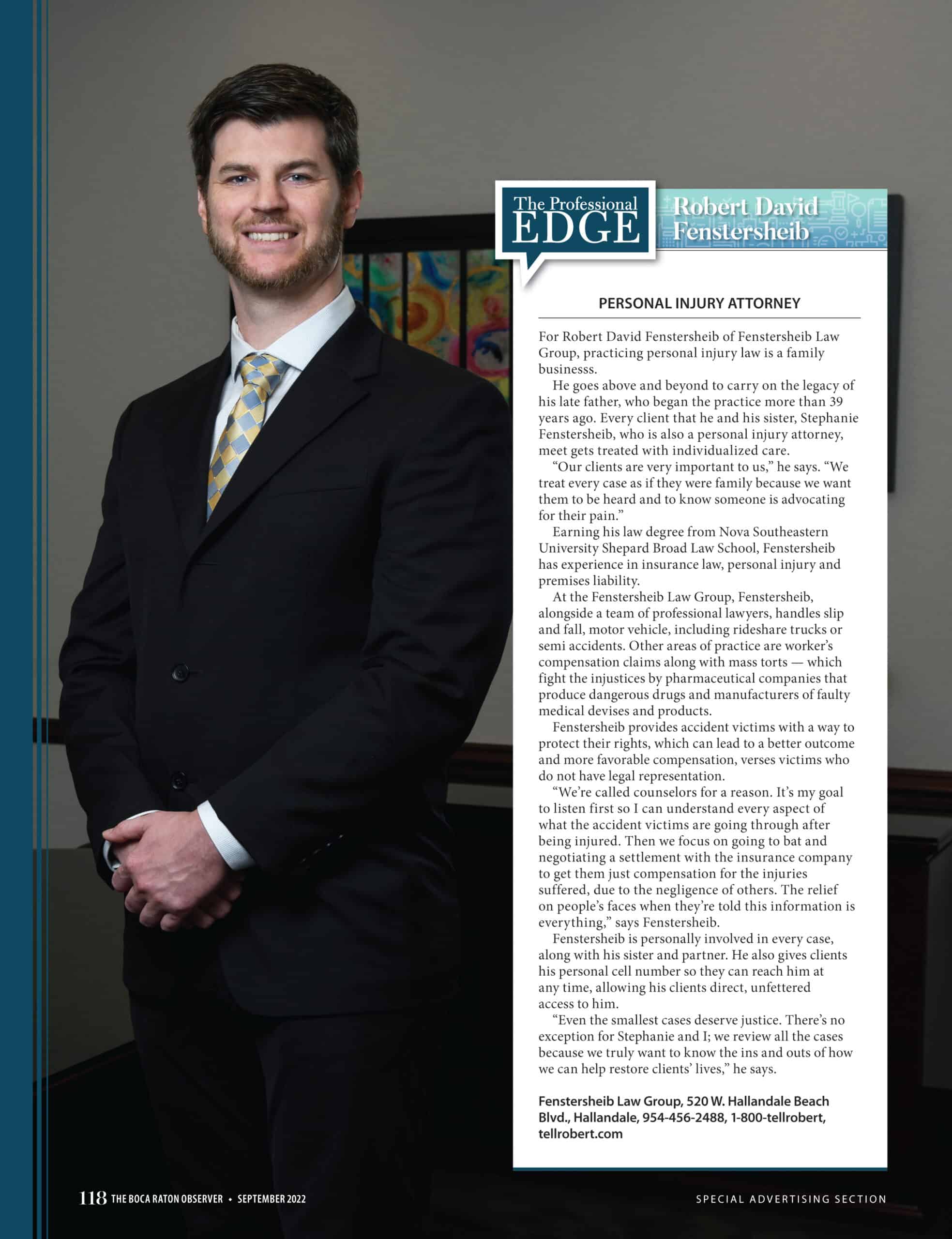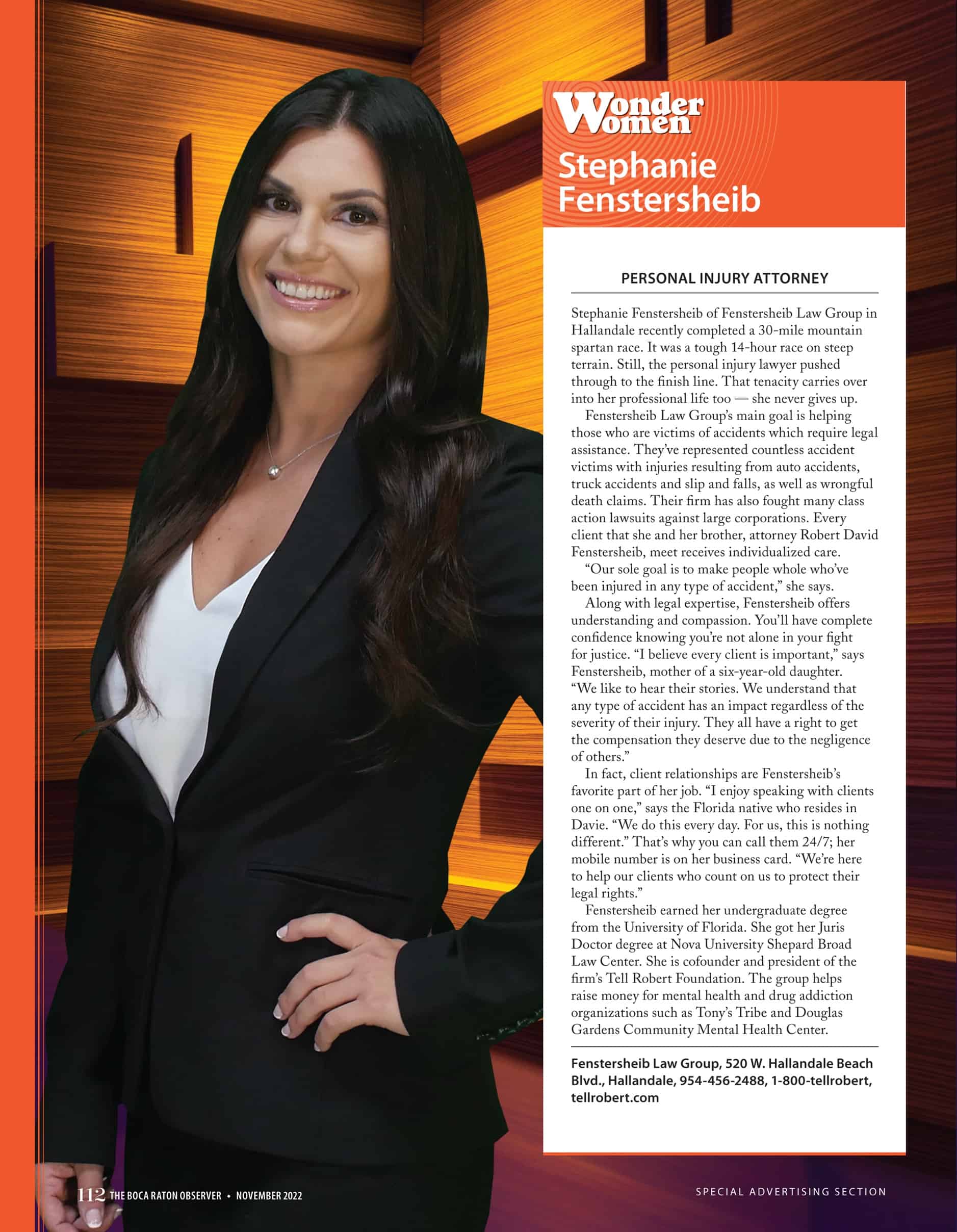The aftermath of any auto accident can be complicated, but even more so when that auto accident involves Uber or Lyft, and you as the passenger. Most people hop into an Uber or Lyft without hesitation, enjoying the convenience offered by these rideshare companies and anticipating a quick arrival to their destination; few are prepared to experience an accident before making it there. Whether you’ve already been in an accident as an Uber or Lyft passenger in Florida, or you simply use these companies often, this article will help you understand what to expect after an accident, and why hiring… Read More
Stepping into an Uber or Lyft, you’re probably focused on where you’re going, and what you’ll do once you get there. Few of us consider the possibility that we won’t make it to our destination at all…but instead find ourselves as the passenger in an Uber or Lyft accident. Unfortunately, rideshare accidents aren’t uncommon, especially considering the pressure drivers face to not only pick up and drop off their passengers in a timely manner, but maximize their profits each shift. This is why it’s paramount that customers of Uber and Lyft know how to pursue compensation should they suffer injuries… Read More
It’s always a risk, but never one that we think will actually happen: your Uber or Lyft driver has just gotten in an accident, and you don’t even know whether you’ve been injured. Fortunately, Florida law requires Uber and Lyft drivers to be covered by no less than $1 million in liability coverage when there is a passenger in the vehicle. However, the coverage of $1 million only applies if the Uber or Lyft drivers are at fault by causing the accident and cited for the accident. This coverage is designed to provide compensation for bodily injury (including death) as… Read More
A shortage of Uber and Lyft drivers is causing long wait times and high prices for customers in several states, with Florida being no exception. But what else could this driver shortage cause? Accidents, leaving injured passengers wondering where to turn. While it’s no secret that Uber and Lyft have been involved in numerous serious auto accidents and injuries across the nation, the problem is likely to worsen due to increased pressure on a smaller number of drivers. Let’s explore the top common causes of Uber and Lyft auto accidents: Driver Distraction due to reliance on GPS and Uber or… Read More
And How Passengers In Florida Should Handle Them So you’ve been out with your friends, having fun and a few drinks too many. You decide to make the “right” decision and call on an Uber or Lyft driver to get you home safely. But within minutes of getting in your ride, you sense something is a bit off. You might smell the odor of alcohol or marijuana, or notice that your driver is swerving a bit into another lane. You come to a conclusion you definitely don’t want to face, and definitely didn’t expect: your “designated driver” for the night—the… Read More
You probably never expected to get in an accident when you stepped into an Uber or Lyft and relied upon the driver to safely get you to your destination. Yet, like so many others in Florida, that’s exactly what happened. Rideshare services like Uber and Lyft have exploded in popularity over the past several years, and unfortunately, so too have the number of Uber and Lyft-related accidents. As a passenger, getting injured in an Uber or Lyft vehicle can be both shocking and confusing. This article is designed to provide a brief overview of what to do in the aftermath… Read More
A Four-Step Guide When stepping into an Uber or Lyft, your focus is probably on where you’re going and what you’re going to do once you get there. It’s unlikely that you’re thinking, what will I do if the driver gets in an accident, and I get injured? Unfortunately, Uber and Lyft accidents happen all too often, leaving the injured passenger to wonder where to turn, what to do, and how to pay for their medical bills. The old adage rings true: knowledge really is power, especially when it comes to Uber and Lyft accidents. Whether you utilize the rideshare… Read More
What dictates whether a claim is brought by an individual plaintiff, or collectively by a group of plaintiffs in a class action lawsuit? To pursue the latter, all plaintiffs must report similar facts pertaining to the basis of their claim, and therefore all plaintiffs will present the same legal theories to the court. Since the nature of most personal injury cases is such that the circumstances of one differ from another (e.g., the defendant, the cause of the incident, the damages, etc.), most of these cased are brought independently rather than as part of a class action lawsuit. Does this… Read More
Getting into an accident is stressful under any circumstance, but it can be even more overwhelming when it happens to a passenger in a rideshare vehicle who was just trying to take a quick, convenient trip from point A to point B. If you’ve been injured as a passenger in a Lyft or Uber, you may be wondering who was at fault and how to prove it, and even more importantly, how you will be compensated for your injuries and losses. We’ve compiled some of the most commonly asked questions and answers that all injured rideshare passengers will need. What… Read More
Rideshare drivers are independent contractors, not employees of the rideshare companies like Uber, Lyft and Uber Eats. This means that they are required to carry their own private auto insurance on top of the policy that is provided by the rideshare company that they drive for. The insurance policy that is paid for by these rideshare companies only covers their contractors and passengers when the driver enters a particular status: Offline Status: When a rideshare driver is still in the rideshare vehicle but is not currently using the ridesharing app, their status is offline. If they are involved in an auto… Read More


